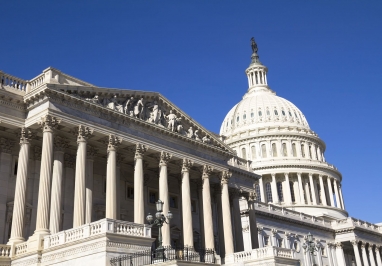
On December 21, 2020, the Senate and House passed a final round of coronavirus pandemic relief before adjourning until January 2021, which President Trump signed into law on Sunday, December 27, 2020. The Coronavirus Response and Relief Supplemental Appropriations Act (the “Act”) includes direct payments of stimulus checks for certain individuals, extension of critical unemployment insurance benefits, and additional money for small businesses under the Paycheck Protection Program.
Noticeably, however, the Act did not extend the mandate on emergency paid sick leave or emergency paid family and medical leave, which is required by the Family First Coronavirus Response Act (“FFCRA”). The FFCRA is set to expire on December 31, 2020. Nevertheless, the Act allows employers that were covered by the FFCRA to voluntarily provide these forms of paid leave and to continue obtaining tax credits through March 31, 2021 (subject to the limitations set forth in the FFCRA). That is, while providing FFCRA leave will no longer be required after December 31, employers may still choose to voluntarily provide paid leave in accordance with the terms of the FFCRA and would be eligible to obtain tax credits for the leave taken until March 31.
There are two other important takeaways from the Act’s extension of the tax credits. First, in order to obtain tax credits, the leave provided must be in accordance with the terms of the FFCRA. Under the FFCRA, for example, employees are eligible for up to eighty (80) hours of emergency paid sick leave for qualifying reasons. However, the Act does not reset the number of hours available for each employee. Consequently, if an employee has already exhausted the leave available under the FFCRA, any additional paid leave voluntarily provided by the employer for a qualifying reason would not be eligible for tax credits.
Second, the Act does not expand the scope of employers that are eligible for tax credits. Therefore, state and local governments that were not eligible for tax credits under the FFCRA will also not be able to obtain tax credits under the Act.
If you have any questions on this topic, or need assistance navigating these changes, please contact our Labor & Employment Law Practice Group. We encourage you to subscribe to our Labor & Employment E-Briefs to keep up with the latest HR news, tips, and updates.
